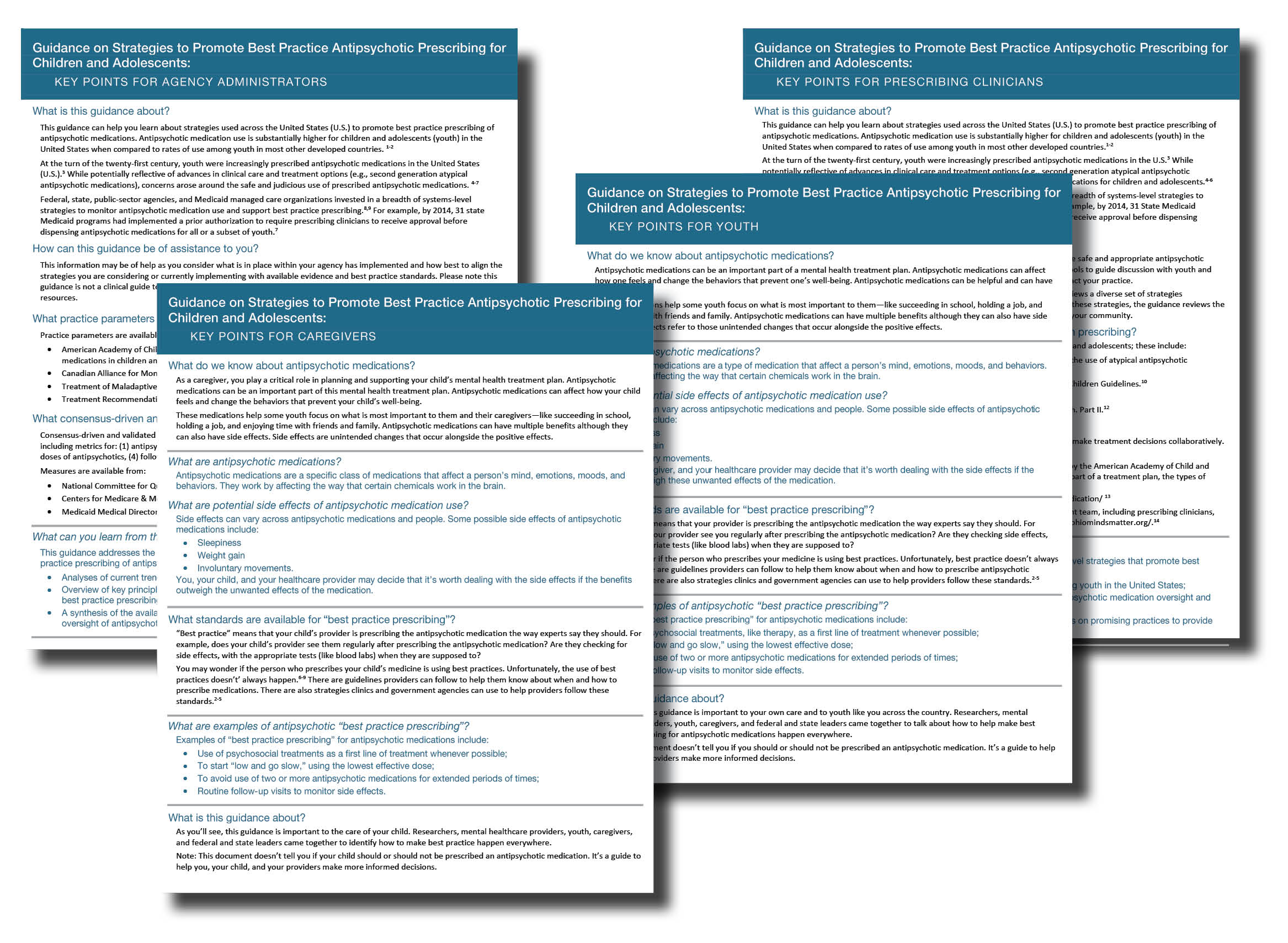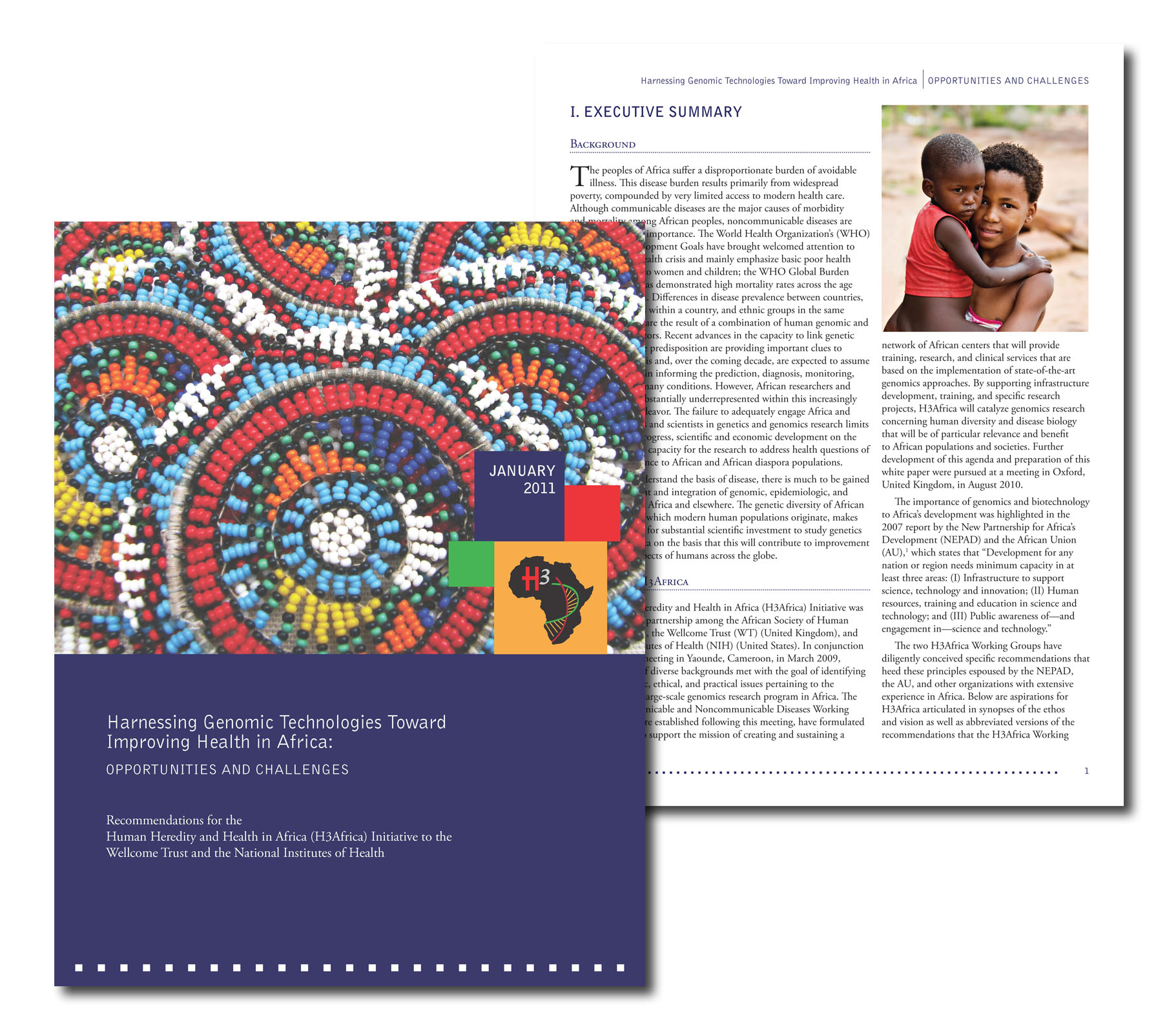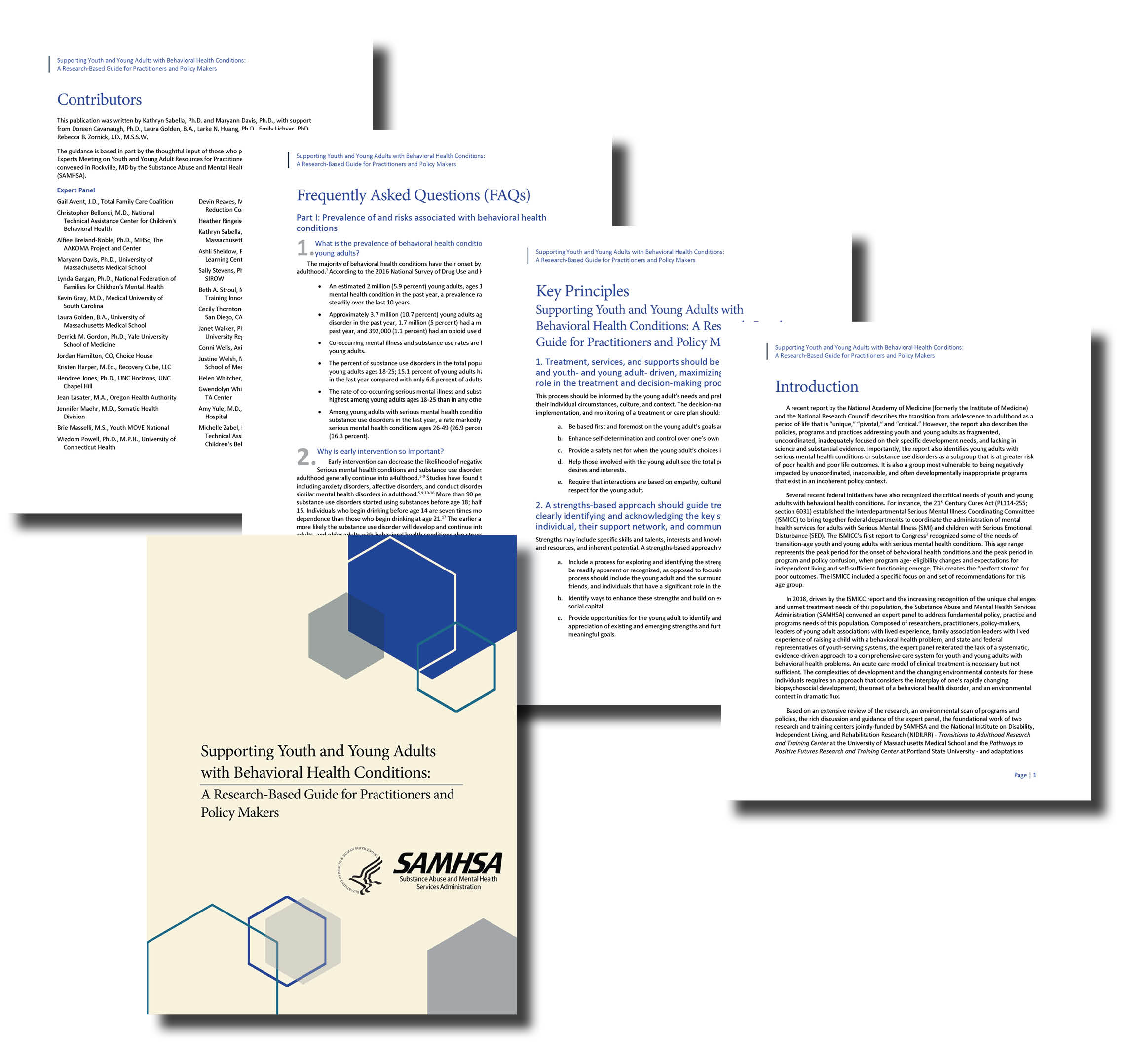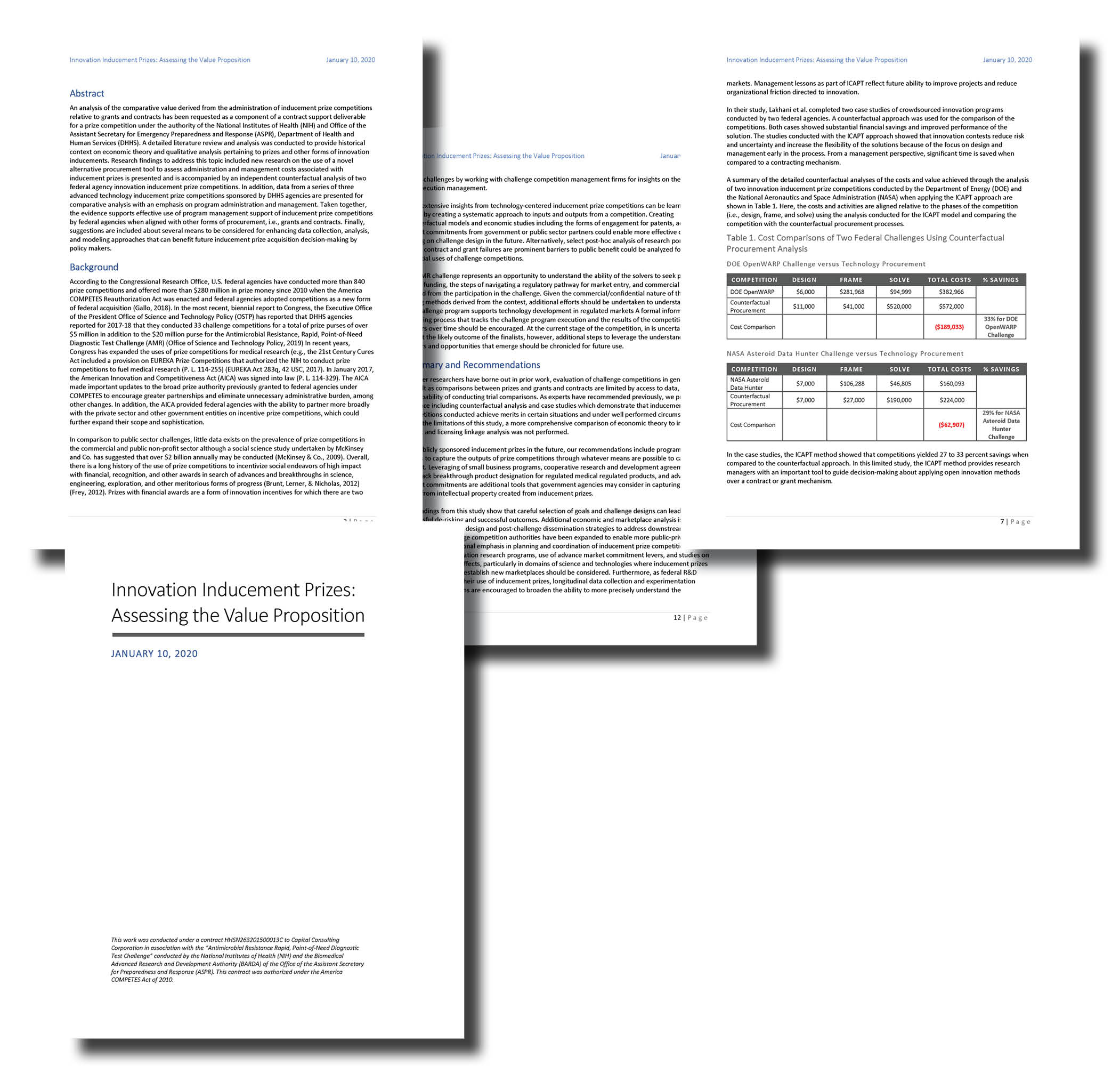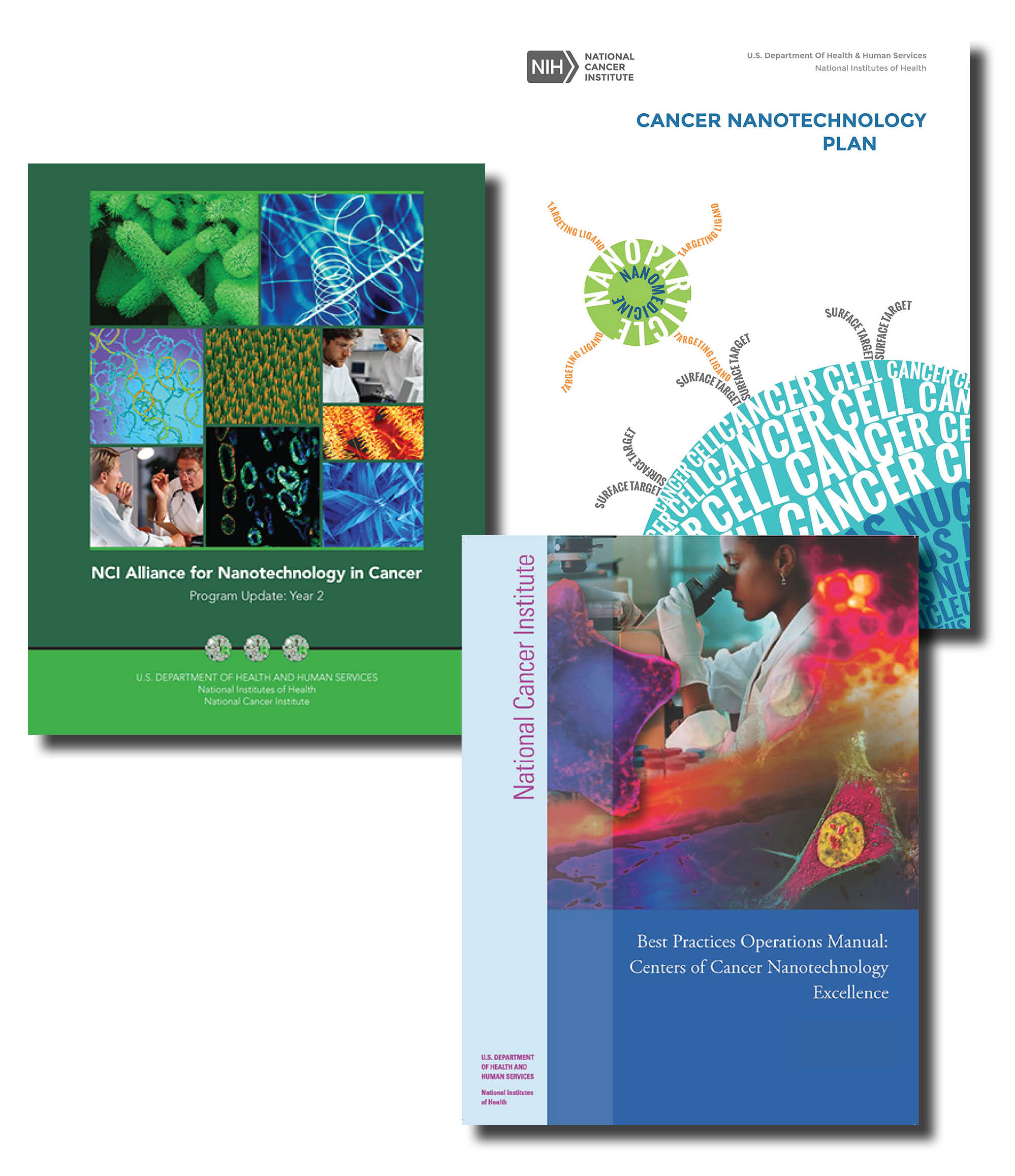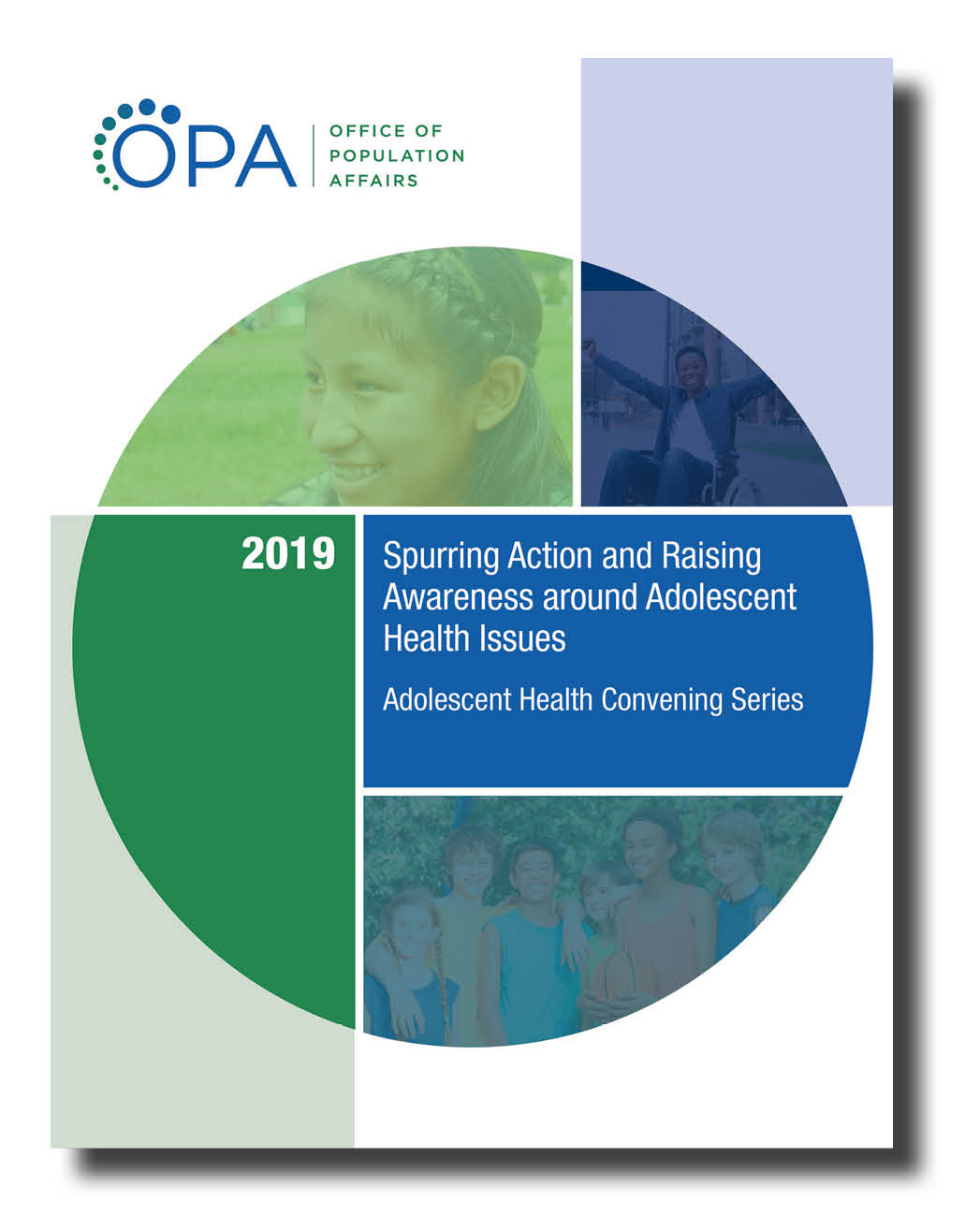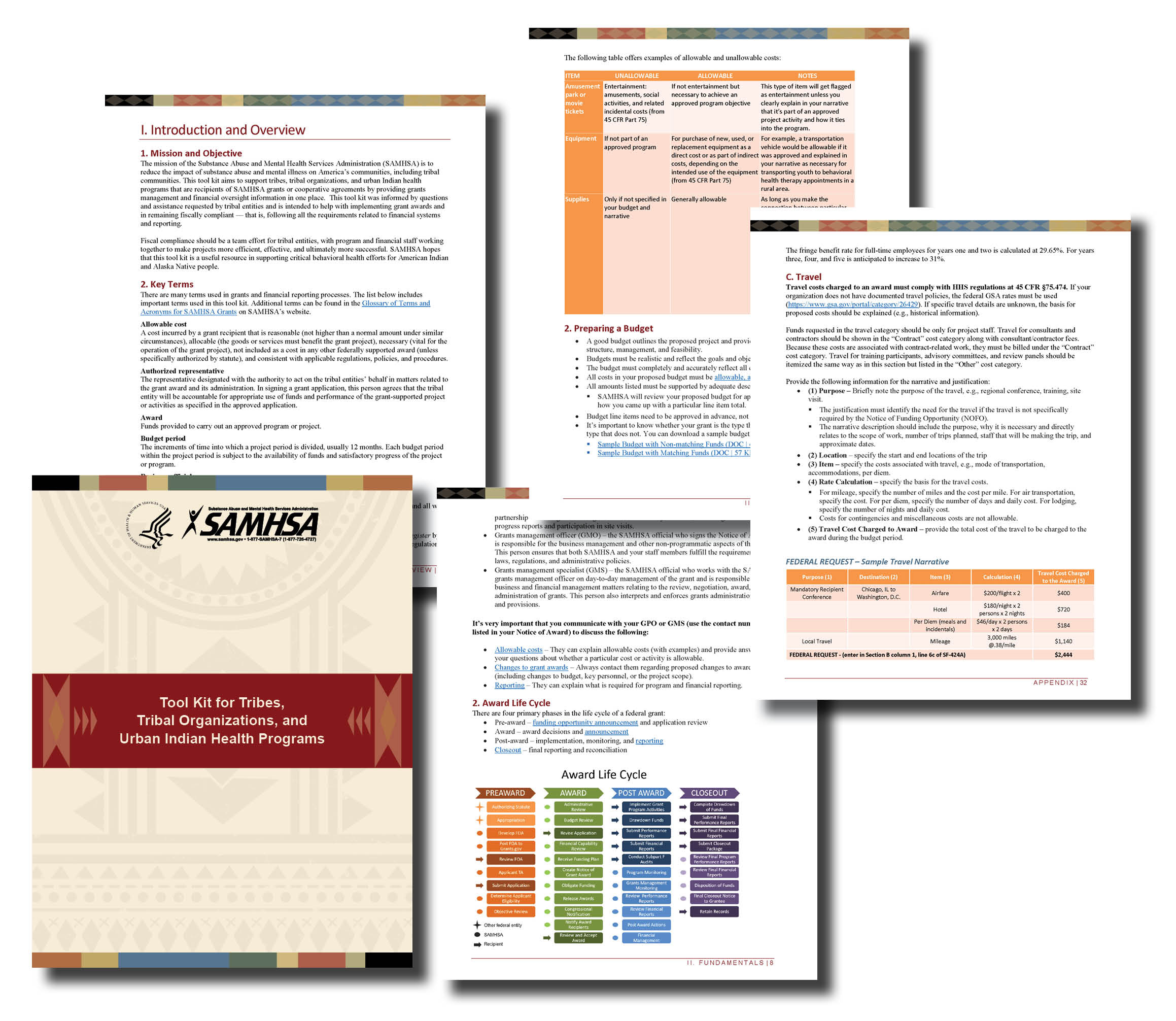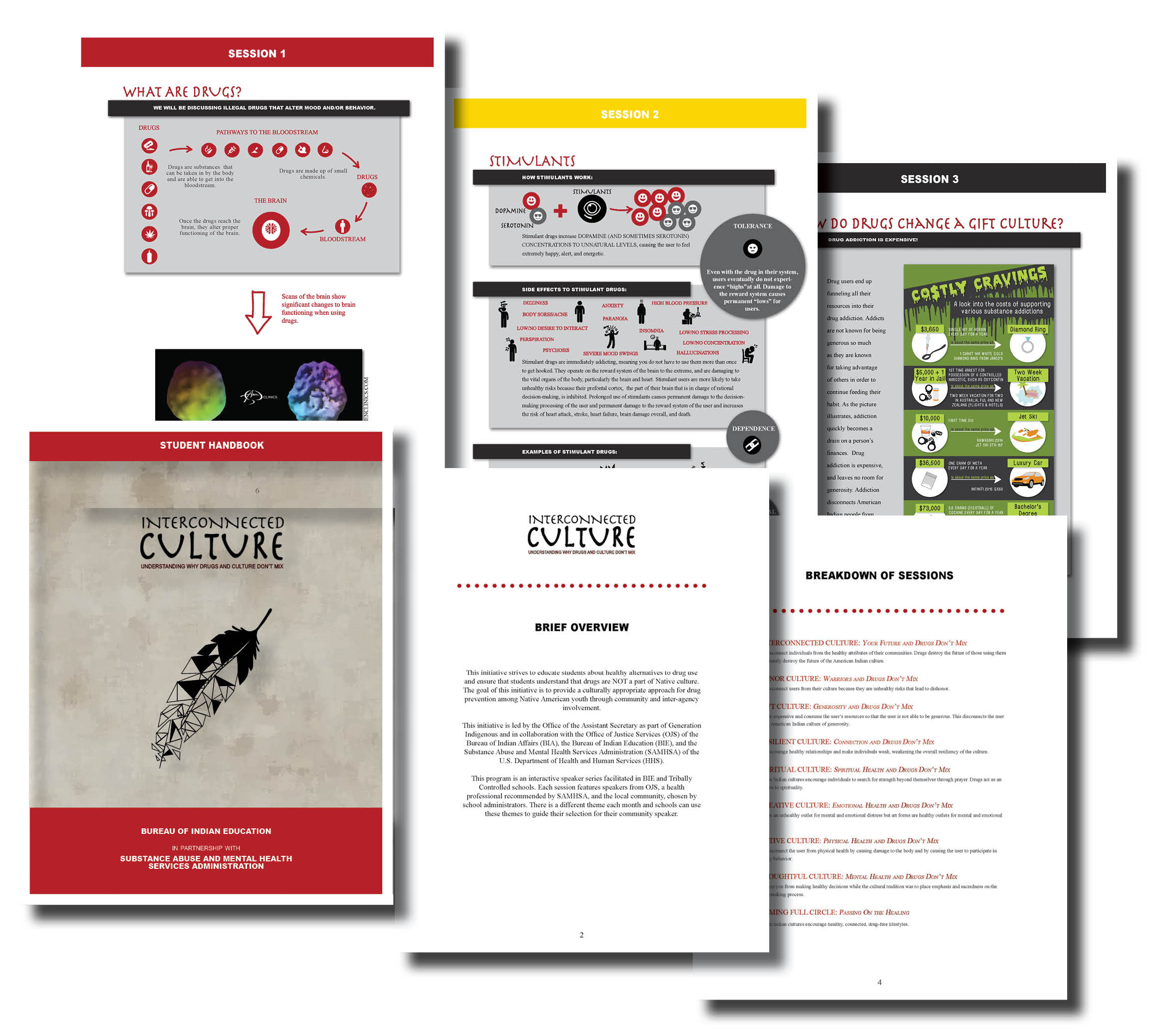Reports
![]() Capital Consulting has in-house staff that can support you in developing reports across the spectrum of tasks. This includes supporting you with:
Capital Consulting has in-house staff that can support you in developing reports across the spectrum of tasks. This includes supporting you with:
- Primary and Secondary Research – Our staff can conduct original research and data collection as well as review and analyze available research data. We can design research studies and surveys, collect field data, and analyze and report on data.
- Publication Development – We can translate your initial, rough concepts into focused themes and polished printed materials.
- Technical and Scientific Writing – Our writers are versed in scientific, medical and health fields. We not only know the subject, but we also know how to translate this information into easy-to-read formats for laypeople and policymakers.
- Technical Editing and Proofreading – Our editors are familiar with scientific terminology and a variety of editorial styles, including the U.S. Government Printing Office (GPO), Associated Press, and Chicago. They also perform indexing and check all references.
- Printing and Distribution – Our publication specialists not only can prepare publications for hard-copy production but also web format, adhering to all 508 compliance requirements.
SAMHSA Guidance on Antipsychotic Prescribing
CLIENT: Substance Abuse and Mental Health Services Administration, U.S. Department of Health and Human Services
PROJECT: Evidence-Supported Guidance Document
PRODUCT: Report: Strategies to Promote Best Practice in Antipsychotic Prescribing for Children and Adolescents
There has been a substantial increase in the evidence base that supports the appropriate use of psychopharmacologic treatments in children and adolescents. However, there are still concerns that for many youth with mental health problems, medication treatments are utilized in inappropriate ways and adverse effects are not always well-managed. Despite the existence of clear practice guidelines, implementation in diverse practice settings is not always consistent with best practices. Capital Consulting produced an evidence-supported guidance document which provides strategies to promote best practices in prescribers and ultimately change the prescribing practices towards better quality, safety, and effectiveness.
Welcome Trust H3 Africa
CLIENT: National Human Genome Research Institute, National Institutes of Health, U.S. Department of Health and Human Services, and Wellcome Trust
PROJECT: Human Heredity and Health in Africa (H3Africa) Project
PRODUCT: Harnessing Genomic Technologies Toward Improving Health in Africa: Opportunities and Challenges White Paper
The ongoing global effort to apply genomic science and associated technologies to further the understanding of health and disease in different populations, and to identify individuals and populations who are at risk due to genetic and/or environmental factors for developing a specific disease has left behind most African countries. Possible outcomes of such research include early and more accurate diagnosis, the development of new drugs and potentially, personalized medicine – the systematic use of information about each individual patient to select or optimize the patient’s preventative and therapeutic care.
Capital Consulting edited, designed, and produced a white paper to solicit ideas from senior African scientists and scientists with extensive research experience in African populations. The paper sought to obtain suggestions of research priorities, how to build infrastructure, reach training targets, principles for governance and also to bring together researchers working in Africa.
SAMHSA Supporting Youth and Young Adults
CLIENT: Substance Abuse and Mental Health Services Administration, U.S. Department of Health and Human Services
PROJECT: Evidence-Supported Guidance Document
PRODUCT: Report: Supporting Youth and Young Adults with Behavioral Health Conditions
Youth and young adults (YYA) are a developmentally unique group with specific vulnerabilities for the onset of mental illness and substance use disorders. The contexts in which YYA function are similarly unique. Early identification, early intervention, treatment and recovery require strategies that are neither solely pediatric- or adult-specific.
Capital Consulting produced a guidance document of key principles for providers delivering care for this population. The document focuses on (1) the treatment context and relationship; and (2) key developmental, community, relational, policy considerations.
Innovation Report
CLIENT: National Institutes of Health, U.S. Department of Health and Human Services and the Biomedical Advanced Research and Development Authority
PROJECT: Antimicrobial Resistance Rapid, Point-of-Need Diagnostic Test Challenge (AMR)
PRODUCT: Report: Innovation Inducement Prizes: Assessing the Value Proposition – A Cost-Value Question
The U.S. Department of Health and Human Services (HHS), through the sponsorship of the National Institutes of Health (NIH) and the Biomedical Advanced research and Development Authority (BARDA), conducted a prize competition in which up to $20 million was made available for the delivery of one or more successful rapid point-of-care diagnostics that may be used by health care providers to identify bacterial infections.
The National Strategy for Combating Antibiotic-Resistant Bacteria released in September 2014, and the National Action Plan for Combating Antibiotic-Resistant Bacteria, released in March 2015, call for five goals:
- Slow the emergence of resistant bacteria and prevent the spread of resistant infections
- Strengthen surveillance efforts to combat resistance.
- Advance development and use of rapid and innovative diagnostic tests for identification and characterization of resistant bacteria.
- Accelerate basic and applied research and development for new antibiotics, other therapeutics, and vaccines.
- Improve international collaboration and capacities for antibiotic resistance prevention, surveillance, control, and antibiotic research and development.
To advance these goals, the NIH and BARDA sponsored a prize competition, with technical and regulatory expertise from the Food and Drug Administration (FDA) and the Centers for Disease Control and Prevention (CDC) to incentivize the development of one or more in vitro diagnostic tests that would be significant in combatting the spread of antibiotic resistant bacteria and/or diagnostic tests that distinguish between bacterial and viral infections. The diagnostic test could be used by health care providers to identify bacterial infections in patients, thus guiding their decision as to when to prescribe an antibiotic, and which antibiotic would be most effective. In addition, another diagnostic use could be to facilitate clinical trials for new antibacterial products.
This report explores the following:
- How effective are inducement prizes compared to grants or contracts?
- Do prizes help play a role in creating communities of interest? Are there other spillover benefits?
- How do prizes fit into other federal support for innovation?
- Under what conditions are prizes most effective for the federal government?
National Cancer Institute (NCI)
CLIENT: NCI Alliance for Nanotechnology in Cancer
PROJECT: Support for Nanotechnology Reports
PRODUCT: NCI Alliance for Nanotechnology in Cancer Program Update; Best Practices Operations Manual: Centers of Cancer Nanotechnology Excellence; Cancer Nanotechnology Plan
The Center for Strategic Scientific Initiatives (CSSI) is a research office of the National Cancer Institute (NCI). CSSI acts as a concept shop for the NCI, investing in exploratory research and creating opportunities for researchers through the development of new science initiatives, tools, and public resources.
Capital Consulting has supported most of the CSSI offices and former offices, among them is the NCI Alliance for Nanotechnology in Cancer. The NCI Alliance for Nanotechnology in Cancer is a comprehensive, systematized initiative encompassing the public and private sectors, designed to accelerate the application of the best capabilities of nanotechnology to cancer. Nanotechnology can provide the technical power and tools that will enable those developing new diagnostics, therapeutics, and preventives to keep pace with today’s explosion in knowledge.
Capital Consulting edited, formatted, and designed cover images/graphics/tables/figures, created Section 508 compliant versions for the web, and printed these reports for distribution.
Office of Population Affairs (OPA)
CLIENT: Office of Population Affairs (OPA),
PROJECT: Adolescent Health Convening Series
PRODUCT: Spurring Action and Raising Awareness around Adolescent Health Issues
In 2019, the Office of Adolescent Health (OAH) within the Population Affairs (OPA) supported a series of Adolescent Health Convenings to spur action and raise awareness around adolescent health issues with a primary focus on OASH and HHS priorities (e.g. opioids crisis, HPV coverage, rising STD rates, and the National Plan for Youth and Sports Participation, as well as medication assistance treatments as a subset of the opioid crisis). Six hosting organizations were selected representing regional stakeholders or partnering associations.
The hosting organizations were charged with utilizing the Adolescent Health: Think, Act, Grow® (TAG) as a framework, and to use the Convening to develop an action plan for future directions in practice, research.
Tribal Toolkit
CLIENT: The Substance Abuse and Mental Health Services Administration (SAMHSA), Office of Policy Planning and Innovation (OPPI), Office of Tribal Affairs and Policy (OTAP)
PROJECT: Fiscal Toolkit
PRODUCT: Took Kit for Tribes, Tribal Organizationsw, and Urgan Indian Health Programs
The Substance Abuse and Mental Health Services Administration (SAMHSA), Office of Policy Planning and Innovation (OPPI), Office of Tribal Affairs and Policy (OTAP) requested Capital Consulting to develop/create an online toolkit to assist Tribal Grantees in Fiscal Management. The tool kit provides a basic understanding of grants management fiscal/financial requirements.
Drugs Don't Mix
CLIENT: The Substance Abuse and Mental Health Services Administration (SAMHSA), Office of Policy Planning and Innovation (OPPI), Office of Tribal Affairs and Policy (OTAP)
PROJECT: Culture and Drugs Don’t Mix Project
PRODUCT: Culture and Meth (Drugs) Don’t Mix Curriculum
The Substance Abuse and Mental Health Services Administration (SAMHSA), Office of Policy Planning and Innovation (OPPI), Office of Tribal Affairs and Policy (OTAP) requested an update of the Culture and Meth (Drugs) Don’t Mix Curriculum developed by Bureau of Indian Education (BIE), such that the curriculum focuses on all drugs and not just Meth. In addition, we created a participant workbook and a train-the-trainer webinar and facilitators guide to expand the reach of the training to Tribal schools.

